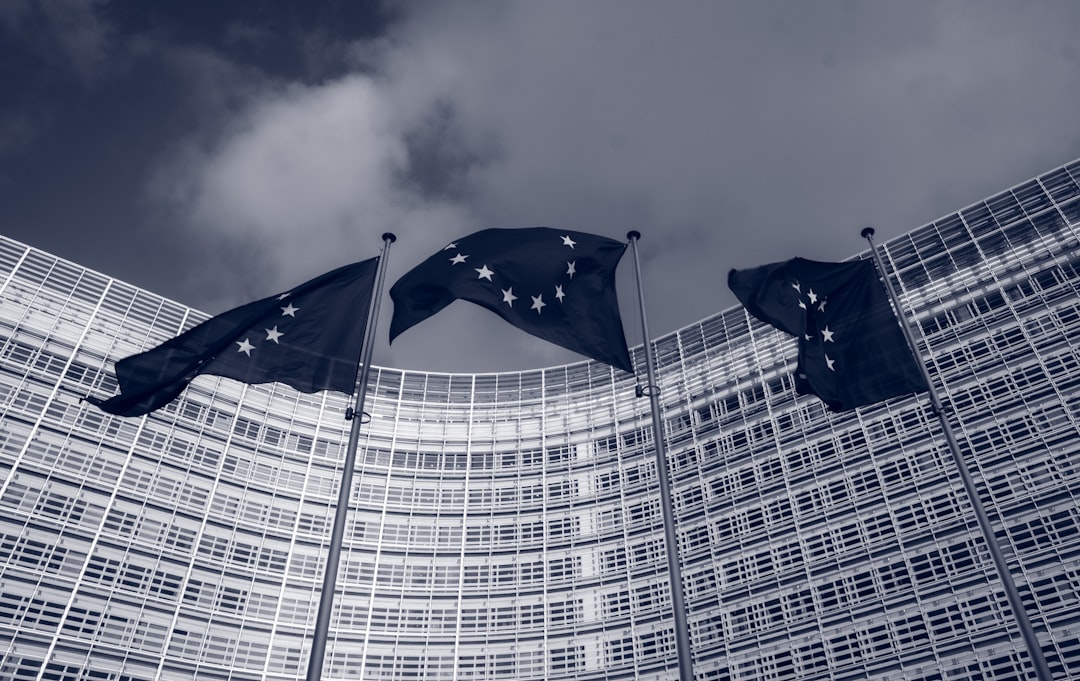The dominance of US-based internet companies and the lack of effective regulation by US lawmakers has resulted in the European Union (EU) taking charge of regulating tech giants. Didier Reynders, the European commissioner for justice, has gained significant power in crafting and enforcing laws across the EU. Ahead of his meetings with US officials, including attorney general Merrick Garland, Reynders emphasized the need for the US to take action and implement regulations comparable to the EU’s General Data Protection Regulation (GDPR).
Reynders expressed concern about the lack of progress in US privacy regulations since the implementation of GDPR five years ago. While the US Federal Trade Commission has reached settlements with tech companies regarding user data protection, Reynders believes that stronger enforcement is necessary. He fears that a similar pattern may occur with AI regulation, leaving this powerful technology unchecked. Reynders stressed that a common approach between the US and EU would enable an international standard and facilitate compliance from tech giants.
ChatGPT, developed by OpenAI, has come under scrutiny from both privacy advocates and AI-specific regulatory efforts. Italy’s data protection authority temporarily blocked ChatGPT, prompting OpenAI to update its privacy options and disclosures. A full investigation into ChatGPT’s GDPR compliance is underway in Italy, while an EU-wide data protection task force plans to establish common principles for member nations regarding ChatGPT. This could result in further adjustments to how OpenAI collects and retains data.
While Sam Altman, CEO of OpenAI, supports new regulations governing AI systems, he also expresses concerns about overregulation. Altman’s previous comments about pulling services from the EU were taken out of context according to Reynders, who believes that OpenAI should not fear new AI rules as they align with developing technologies for societal good.
Reynders suggests that more AI technologies should be released as open-source software to foster an open market where startups and other companies can participate. He highlights the importance of transparency regarding data usage and holding limits, particularly about AI systems like chatbots.
Reynders acknowledged that Meta’s social media app Threads has not been launched in the EU due to regulatory concerns, while Google recently launched its chatbot Bard in Europe after ensuring compliance with GDPR. Reynders stated that the EU seeks to make all major services available to its citizens while ensuring compliance with privacy regulations.
Reynders proposed legislation that would allow individuals harmed by AI systems to seek compensation from technology developers. While European lawmakers prioritize passing comprehensive regulations on AI systems, Reynders believes that the liability proposal cannot wait long as EU parliamentary elections next year could shift priorities.
Regarding transatlantic data transfers, Reynders emphasized the importance of protecting EU citizens’ data stored on US servers. The recent agreement between the EU and the US aims to address previous issues with inadequate protections against US authorities accessing data. European individuals can now file complaints about US intrusions into their data with local authorities, who can escalate the issue to a new data protection court in the US.
Reynders plans to update laws and enforcement policies to tackle digital abuses such as online harassment and revenge porn. He also aims to address “cookie fatigue,” proposing a simplified system for obtaining consent for cookie usage on websites.
As Didier Reynders continues his discussions with US officials and tech companies, it remains crucial for both the US and EU to collaborate on regulations that protect user privacy, ensure AI accountability, and establish international standards for tech giants operating across borders.
